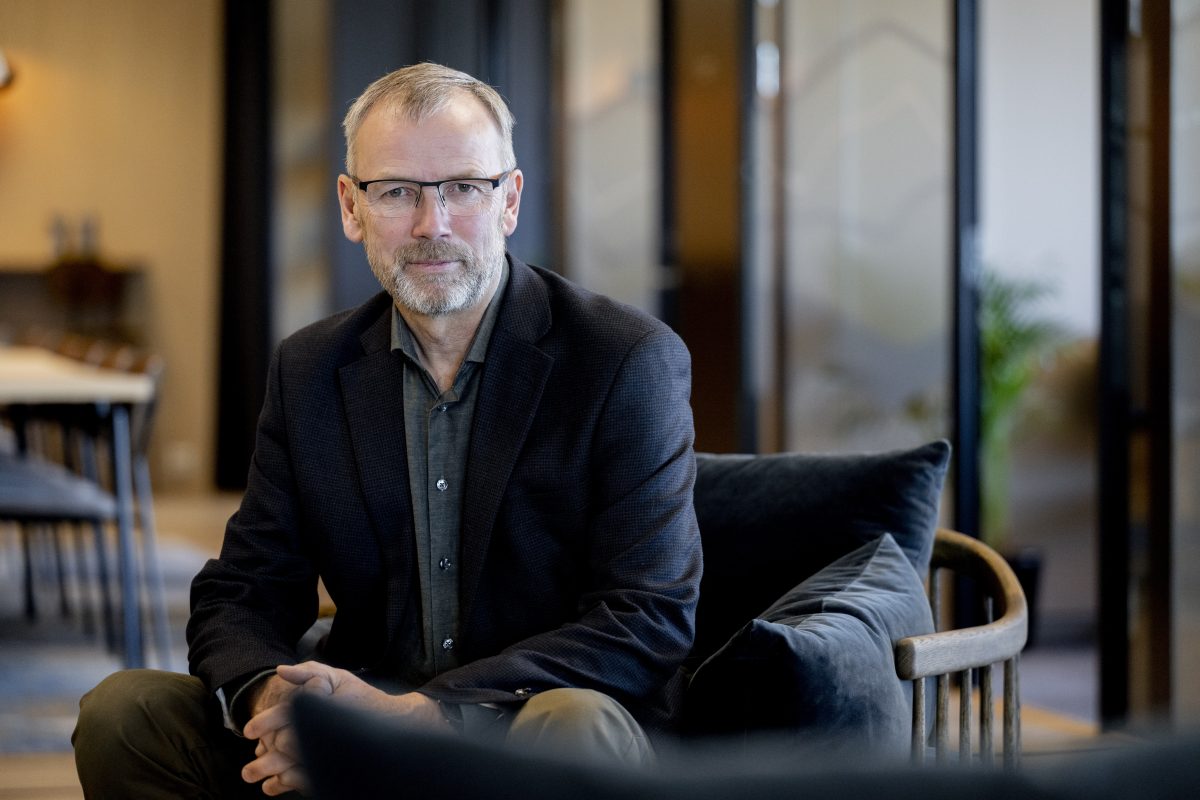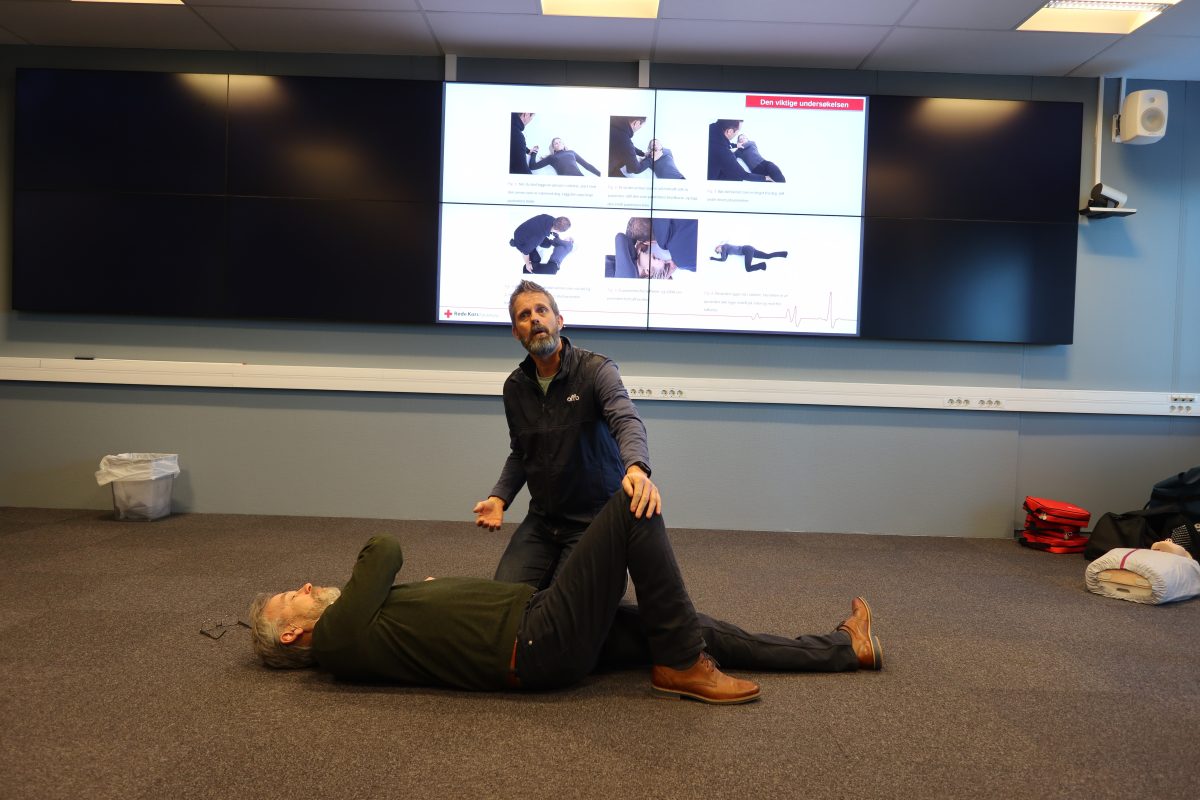When working with emergency response, you must be willing to consider that the unthinkable could happen. That is why we at OFFB train and rehearse a variety of scenarios together with our member companies more than 130 times a year. All our member operators work according to the principle that consideration for people comes first. Noone knows exactly how we will react in a crisis, whether we are directly affected by it or are among those who must look after others.
But being prepared helps.
Longstanding Cooperation
Krisereaksjoner var en del av tema da OFFB nylig inviterte Klinikk for krisepsykologi (KFK) til samlinger med staben og ledere og operatører i vårt pårørende telefonsvarsenter. OFFB har samarbeidet med spesialistene i KFK i en årrekke og tjenestene deres er en viktig del av beredskapen.
Ved en hendelse kan vi kalle på KFK-psykologenes kompetanse, og de vil bistå enten via telefon, video eller ved fysisk oppmøte. KFK skal hjelpe til med at både rammede mennesker og innsatspersonell blir ivaretatt.
Facts:
Clinic for Crisis Psychology has been working on clinical management and research on crises, grief, and trauma situations for several decades.
The center was founded by Atle Dyregrov and Jakob Inge Kristoffersen in 1988.
KFK is located in Bergen but has agreements with companies across the country.
With more than 30 years of operation, Klinikk for krisepsykologi has been involved in many serious events requiring acute preparedness and psychosocial follow-up. These include the helicopter crash at Gullfaks C (1988), the Estonia disaster (1994), the Sleipner disaster (1999), the Åsta accident (2000), the Nokas robbery (2004), the July 22 attacks (2011), the terror attack in Algeria (2013), the helicopter crash at Turøy (2016), and the helicopter crash off Sotra (2024).
Psychologist Marianne Vinjevoll has extensive experience working with relational trauma, life-threatening events, and various grief reactions. In addition to her clinical work, Marianne is responsible for emergency preparedness and response at KFK. Another area of expertise is caring for relatives and colleagues after acute traumatic events.
"How a person reacts in an acute crisis can vary greatly, but common to most is that they need information, care, and help to calm down their activation," said Vinjevoll when she visited us at OFFB.

Difficult but Meaningful
Vinjevoll shared valuable experiences and knowledge for both those of us working in full-time emergency response at OFFB and those we involve in the event of an incident.
The five on call leaders and 35 trained operators who can be called to our next of kin call centre are among the first to be in direct contact with relatives at the beginning of an incident. At that point, professional support is crucial. The meeting with KFK formed this semester's mandatory training.
Vinjevoll has extensive experience in treating symptoms of post-traumatic stress disorder and has worked with groups of emergency responders, aid workers, and individuals. She emphasized how important it is for those involved to feel supported both immediately and over time after an incident. Support can take various forms, from informal to more formal approaches such as defusing and psychological debriefing.
"It is important that the individual's experience is acknowledged. Even though people may have been involved in the same event, different roles, previous experiences, and feelings of coping will influence how each person is affected going forward," she said.
She concluded by thanking the next of kin call centre operators for their dedication.
"You have agreed to a demanding job, but you should know that being there for people in crisis will also be experienced as important and rewarding," said Marianne Vinjevoll.





















